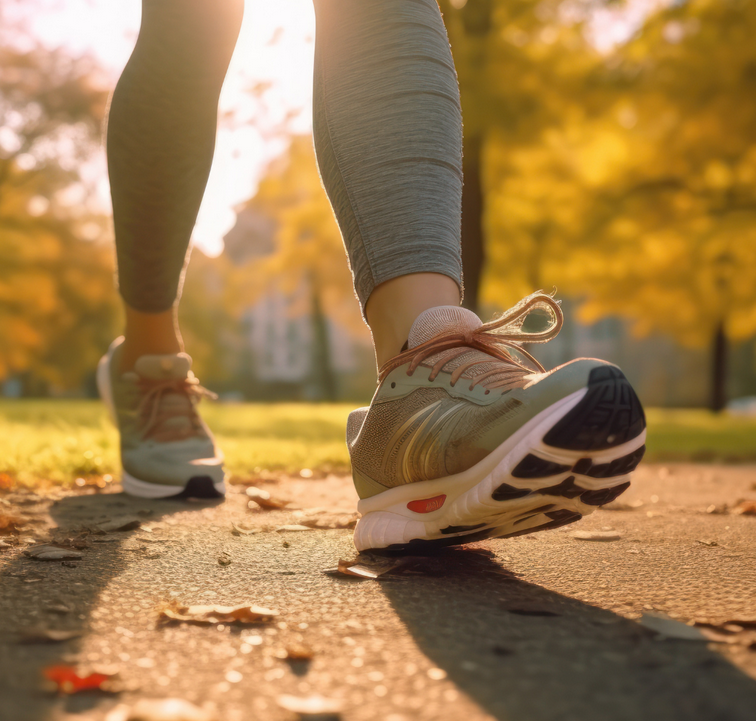13Ago
Health and well-being

The Rise of "Slow Gating": Why a Simple Approach to Exercise Is Gaining Traction
In a world filled with high-intensity interval training (HIIT), marathon running, and extreme fitness challenges, a new, more mindful approach to physical activity is gaining traction: "slow gating."
While the name might be new, the concept is anything but. Slow gating is the intentional act of slowing down your pace during everyday activities like walking or running, focusing on your form and the physical sensations of movement. It's a direct response to the "go-go-go" culture that often dominates our exercise routines, where the goal is to burn the most calories or run the fastest mile possible.
The core idea is to shift the focus from performance to presence. Instead of checking your watch for your speed, you're paying attention to the way your feet land, how your arms are swinging, and your breathing. This mindfulness can transform a simple walk into a moving meditation, helping to reduce stress and improve mental clarity.
So, why are people embracing this seemingly counterintuitive approach? For many, the high-pressure environment of traditional fitness has become a source of burnout, not wellness. The constant push to do more and be better can lead to injury, exhaustion, and a negative relationship with exercise. Slow gating offers a welcome alternative, emphasizing consistency and enjoyment over intensity and results.
Fitness experts are also highlighting the physical benefits of this slower pace. By focusing on form, you can identify and correct imbalances, which can help prevent future injuries. It also makes exercise more accessible to a wider range of people, regardless of their age or fitness level. A slow, mindful walk is far less intimidating than a sprint, making it easier for beginners to start a routine and stick with it.
Whether you're an experienced athlete looking for a new way to connect with your body or someone just beginning their fitness journey, slow gating presents a compelling argument. It reminds us that sometimes, the most effective way to move forward is to simply slow down.

